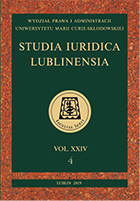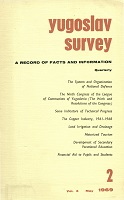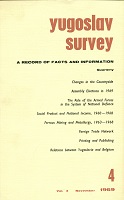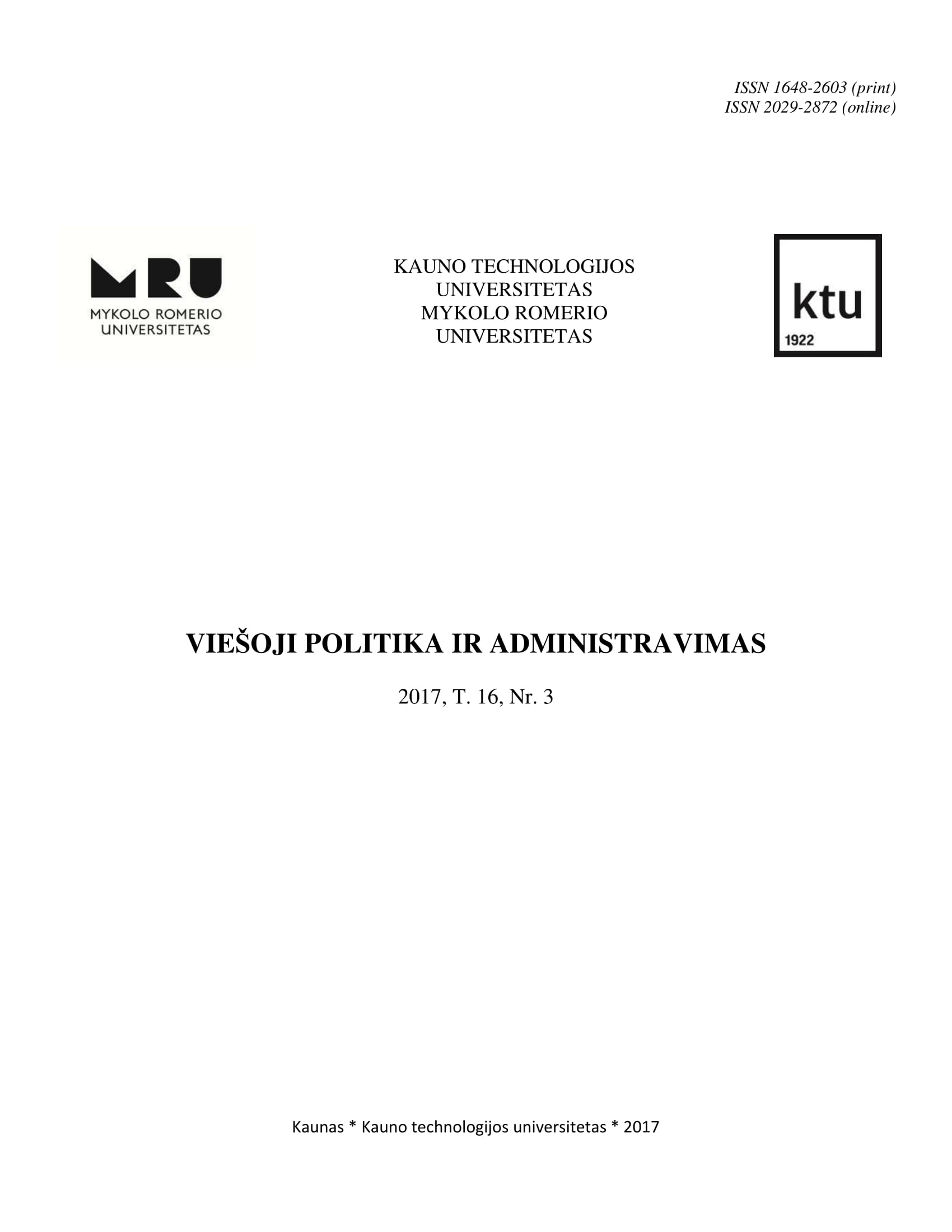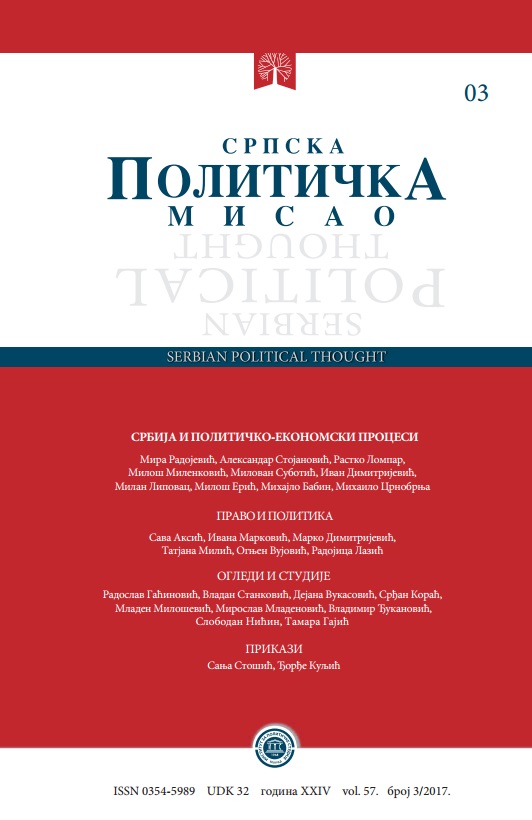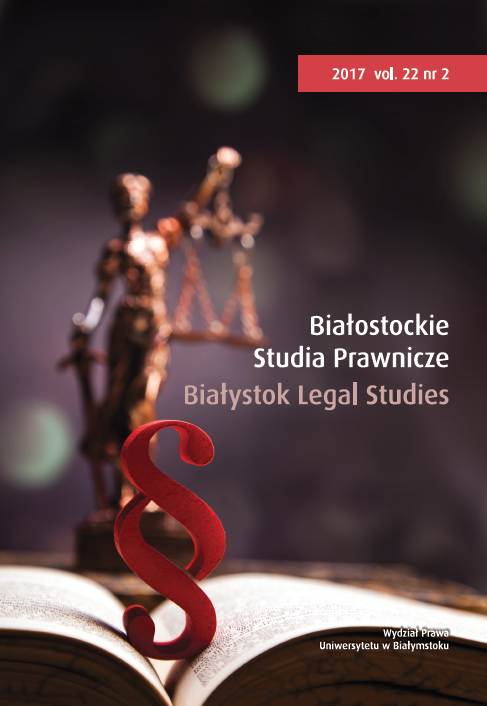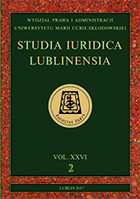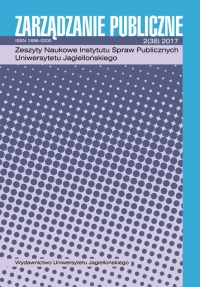Author(s): Gabrielė Čepeliauskaitė,Rūta Petrauskienė / Language(s): English
Issue: 3/2017
Trust in civil service is considered as the main condition for progress and prosperity in every country. The article analyzes civil service, which has a special legal status and the main responsibility for public administration in Lithuania. According to theoretical insights, trust in civil service can be defined as institutional level trust of civil servants, who have a legal status and implements public administration; it is formed on the use of public/administrative services or non-use basis and is characterized by low (civil servant vs. user) mutual knowledge, dependence and continuity. The main factors, which affects trust in civil service is honesty, interest, openness, justice, obligations and competence. The answers of EUPAN country experts showed that the main factors determining trust in civil service in European countries (Latvia, Estonia, Poland, Sweden, Finland, Croatia and the European Commission) is the image of civil service, the future prospects for cooperation, the pursuance of Code of Ethics, honesty, economic and social environment variability, suitability of civil servants to hold public office, quality of services, efficiency and dissemination of information. The factors found in the answers in the first part of the study were checked statistically with the public survey data in the case of Lithuania. The correlational analysis revealed that in Lithuania statistically significant correlations between trust other variables are observed in case of the image of civil service, economic situation of the country, suitability of civil servants to hold public office, the quality of services, integrity and dissemination of information. Meanwhile statistically insignificant factors were found to be cooperation and the pursuance of Code of Ethics, the country’s social situation and contacting a public servant.
More...
